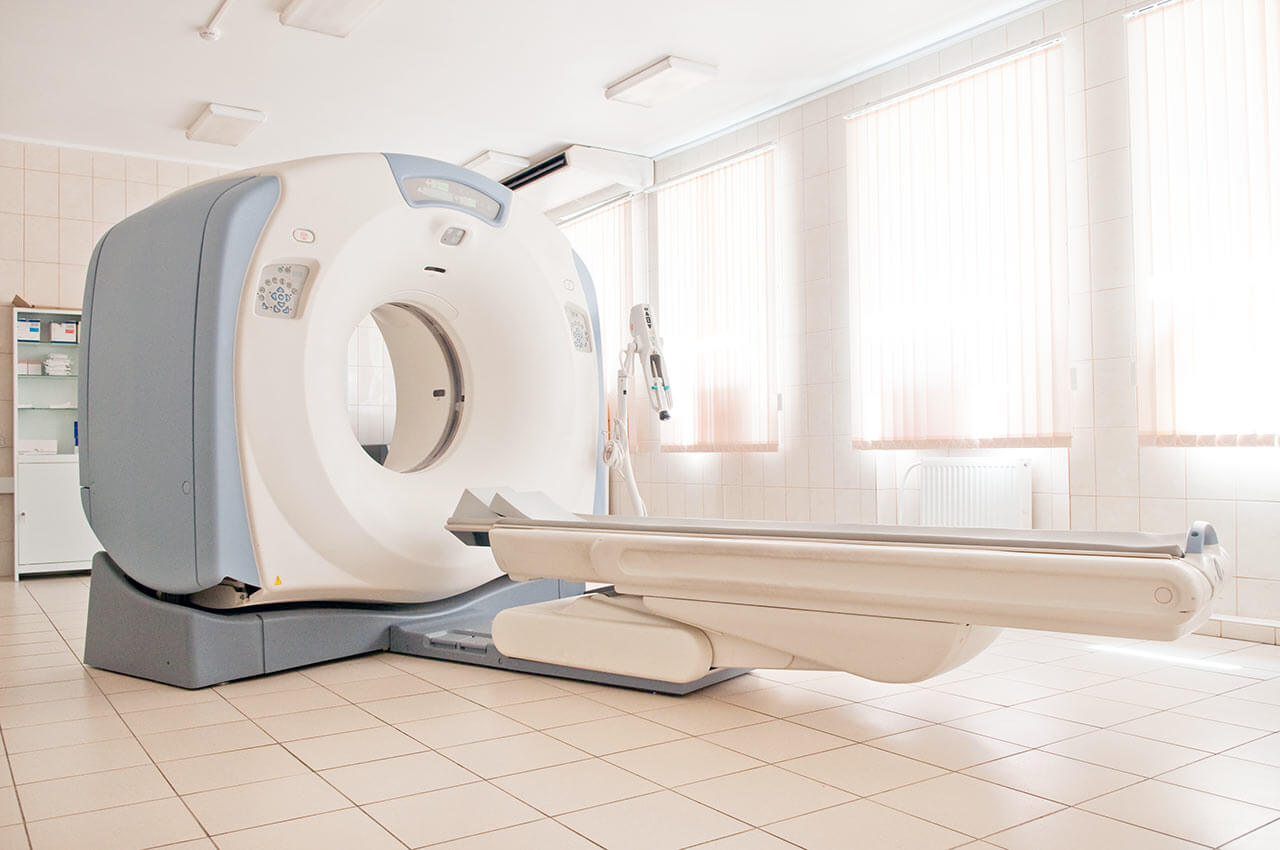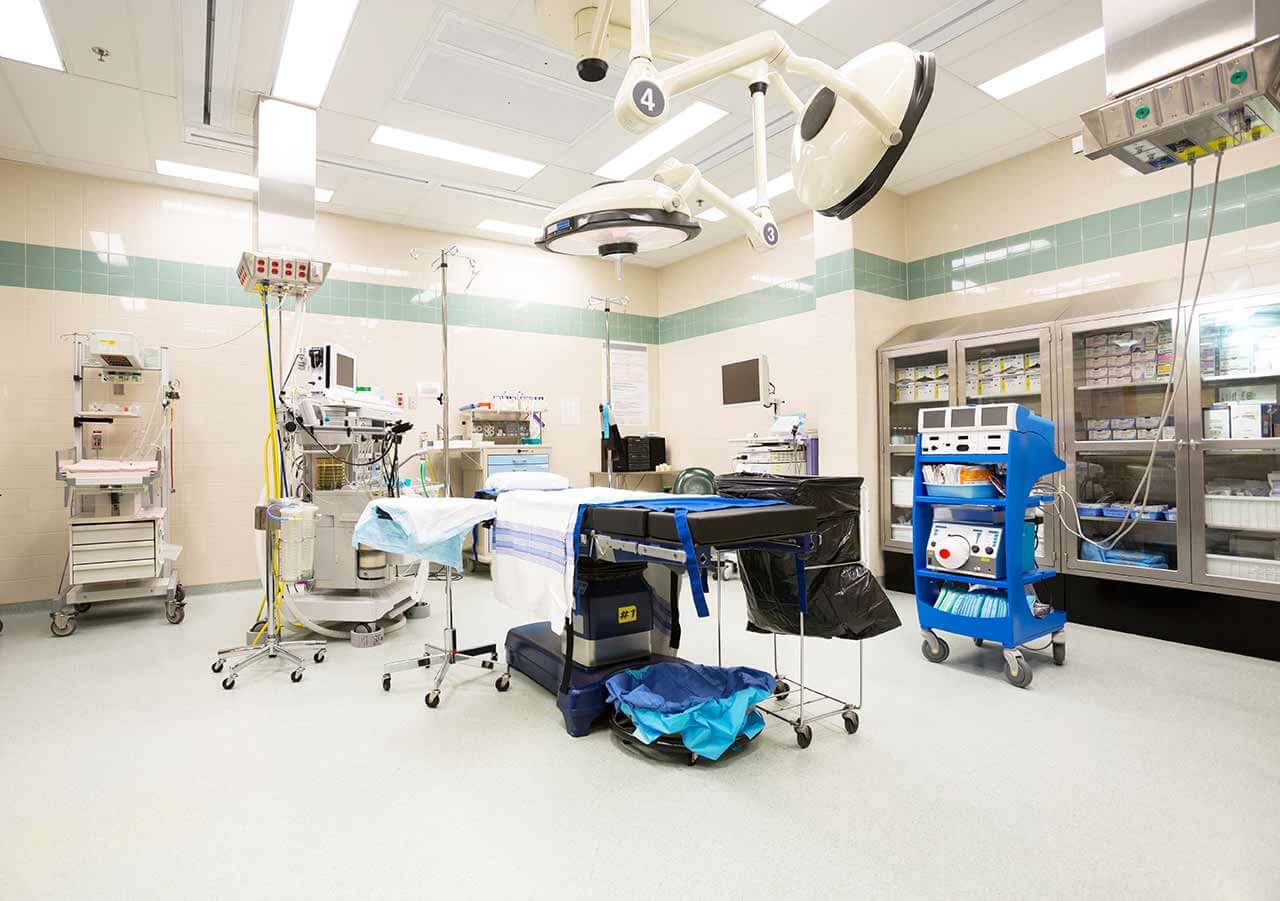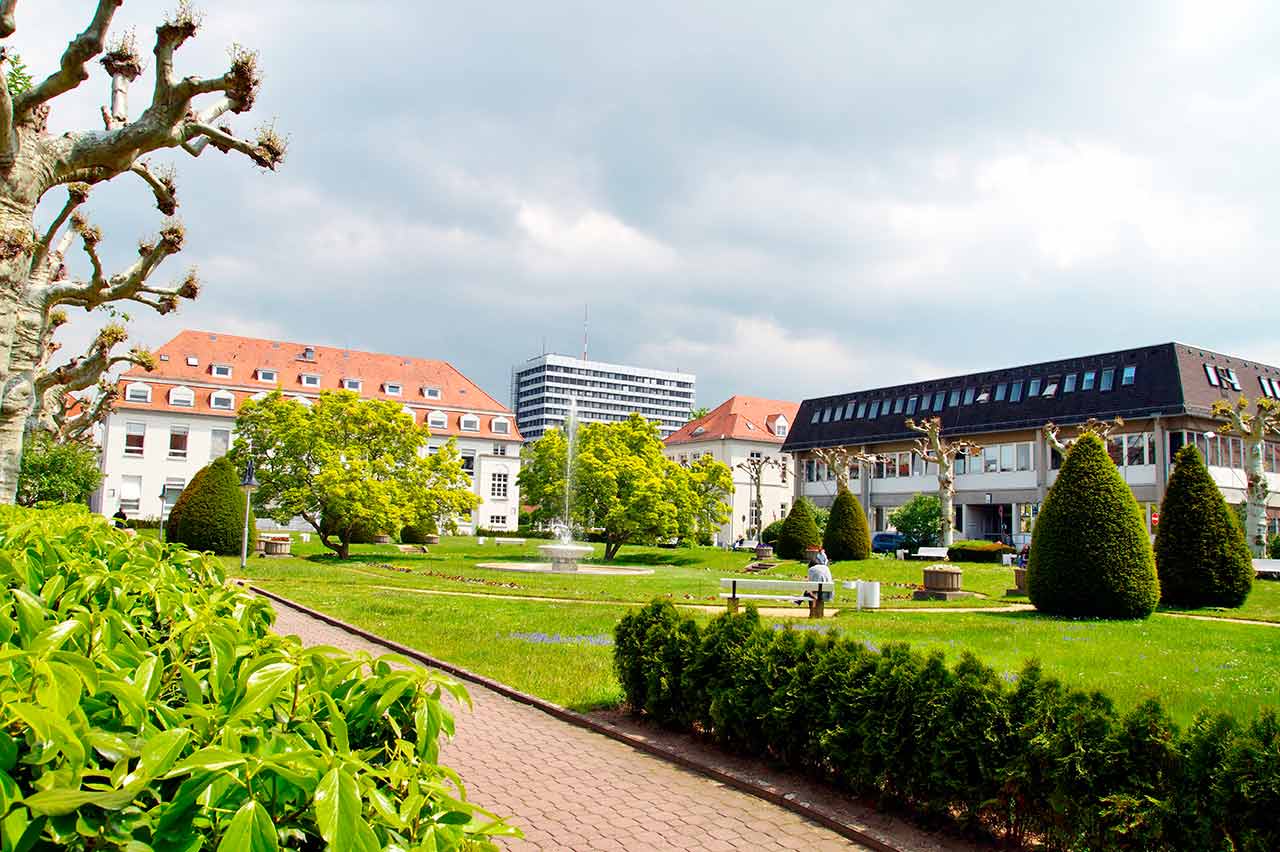
The program includes:
- Initial presentation in the clinic
- clinical history taking
- review of medical records
- physical examination
- laboratory tests:
- complete blood count
- general urine analysis
- biochemical analysis of blood
- inflammation indicators (CRP, ESR)
- indicators of blood coagulation
- antinuclear antibody
- cyclic citrullinated peptide (CCP)
- rheumatoid factor (RF)
- x-ray scan
- MRI scan (on indication 1200 €)
- nursing services
- differential diagnosis of other diseases of the joints
- consultation of related specialists
- consultation of the chief physician and all leading experts
- development of individual treatment plan
- written statement
Required documents
- Medical records
Service
You may also book:
 BookingHealth Price from:
BookingHealth Price from:
About the department
The Department of Pediatric Immunology and Rheumatology at the University Hospital Mainz offers the full range of services in these medical fields. The department has more than 25 years of successful experience in the treatment of children and adolescents with diseases of bones, muscles, connective tissue and pathologies of the immune system. The great advantage of the department is its in-house modern Clinical and Immunological Laboratory where all the specialized examinations are conducted. The doctors of the department have excellent qualifications and unique knowledge in their specialization, so they can easily cope with even the most complex clinical cases. The Head of the department is Prof. Dr. med. Anja Sonnenschein.
The main clinical focuses of the department include the diagnostics and treatment of the following diseases:
- Immunodeficiency
- Agammaglobulinemia (for example, Bruton disease)
- Persistent hypogammaglobulinemia (for example, CD40 ligand deficiency)
- Transient hypogammaglobulinemia
- Partial T-cell deficiency (DiGeorge syndrome)
- Combined immunodeficiency after bone marrow transplantation
- Chronic reaction "graft versus host disease"
- Granulocyte defects (for example, septic granulomatosis)
- Cyclic neutropenia
- Chemotaxis defects
- Rheumatic diseases
- Juvenile idiopathic arthritis
- Juvenile spondylitis (Bekhterev's disease)
- Chronic iridocyclitis/uveitis
- Acute arthritis
- Disease complications and therapy (chronic osteoporosis, arterial hypertension, amyloidosis, etc.)
- Autoimmune diseases
- Systemic lupus erythematosus
- Dermatomyositis
- Chronic vasculitis
- Henoch-Schonlein purpura
- Kawasaki syndrome
- Vasculitis with CNS lesion
- Other diseases
The service range of the department includes:
- Diagnostics of rheumatic and immunologic diseases, including immunodeficiencies
- Anamnesis collection
- Physical examination
- Laboratory tests
- Instrumental diagnostics
- Laboratory tests (within the Laboratory of Immunodiagnostics)
- Consultations on the causes, course and treatment of various pathologies
- Treatment prescription
- Regular outpatient monitoring and care during the therapy
- Interim anamnesis
- Physical examination
- Laboratory tests
- Instrumental diagnostics
- Therapy correction
- Cooperation with other disciplines
- Regular consultations of physicians (including the specific clinical cases)
- Other services
Photo of the doctor: (c) Universitätsmedizin der Johannes Gutenberg-Universität Mainz
About hospital
The University Hospital Mainz is one of the best maximum care medical facilities in Germany and an internationally recognized scientific center. There are more than 60 departments and institutes, which represent all fields of modern medicine. The hospital serves more than 68,000 inpatients and more than 273,000 outpatients annually, which testifies to the excellent reputation of this medical institution.
The key to the successful clinical practice is also a highly qualified medical staff, which consists of 7.800 employees from various fields. The doctors of the hospital are convinced that each clinical case requires an individual approach, therefore, they devote much time to consultations and communication with patients. The main goal of all hospital employees is to provide an optimal medical care based on the use of the state-of-art diagnostic and therapeutic measures, as well as the introduction of the latest scientific achievements into the medical practice.
The best interns and assistant physicians are trained here. The world-famous leading physicians of the hospital share their long experience and professional skills. Naturally, an integral part of the university hospital work is research, thanks to which many innovative possibilities in the field of diagnostics and therapy have been developed.
Photo: (c) depositphotos
Accommodation in hospital
Patients rooms
The patients of the University Hospital Mainz live in bright, spacious and comfortable rooms. The patient rooms are equipped with modern electronically adjustable beds, which at the touch of a button automatically assume a specified position. Also, there is a TV and a telephone in the patient rooms. To use them, it is necessary to get a prepaid card (in vending machines at the entrance to the hospital). The use of a TV is free, but the patient will need headphones. Telephone calls are made for a fixed fee, which will be withdrawn from the prepaid card at discharge from the hospital. Also, each patient room is equipped with an ensuite bathroom with shower, washbasin and toilet.
Meals and Menus
The patients of the hospital are offered a tasty and balanced three meals a day: breakfast, lunch and dinner. The menu also includes vegetarian and dietary dishes. In addition, for both patients and their visitors there are available cafeterias and bakeries, where one can buy baked goods, snacks, hot and cold drinks.
Further details
Standard rooms include:





